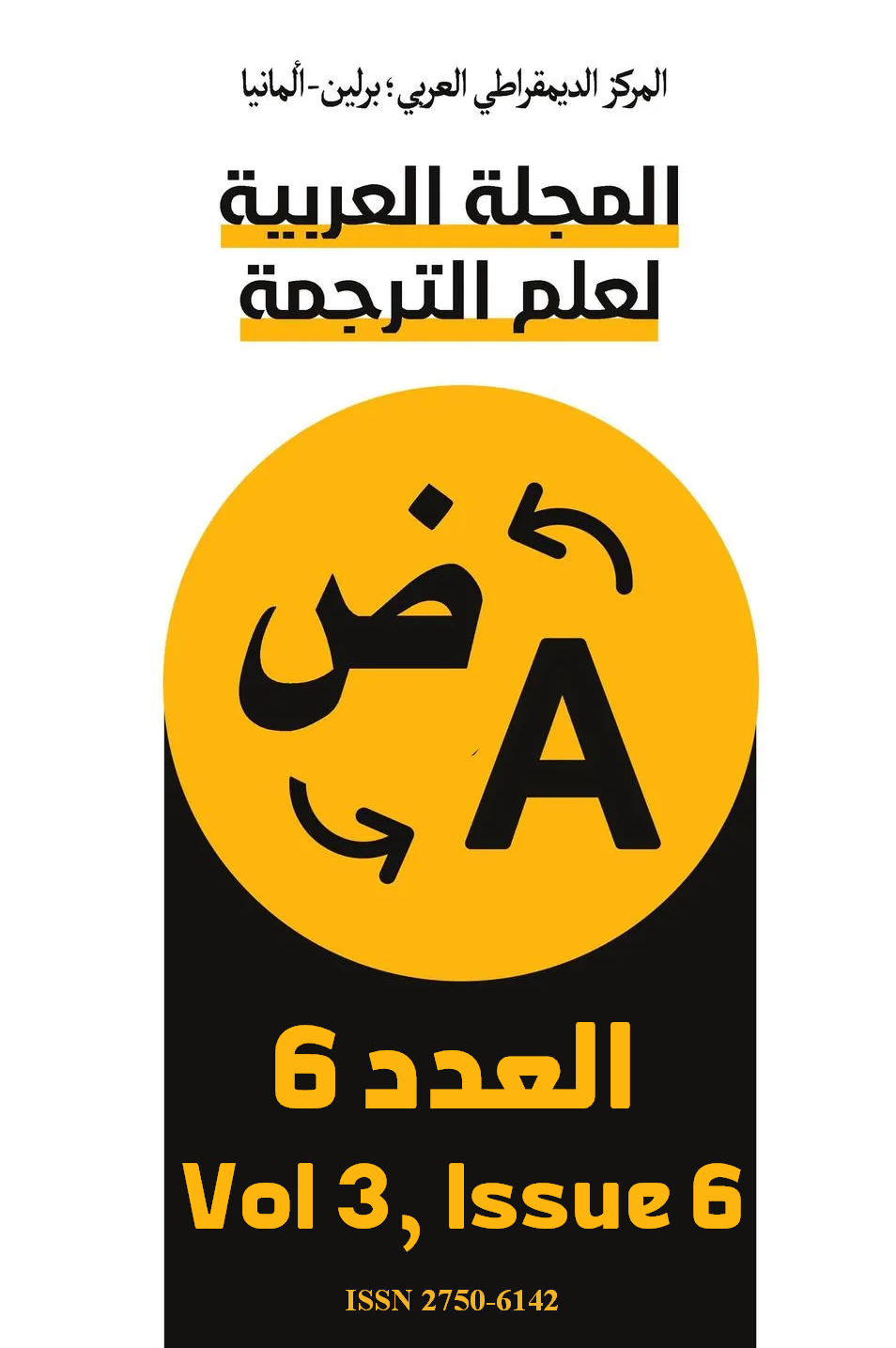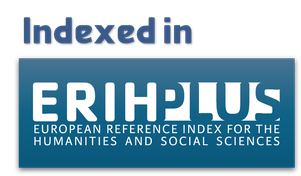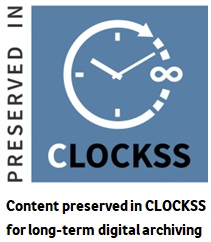Opinions and Theories: A Descriptive and Analytical Study of Human Language
DOI:
https://doi.org/10.63939/AJTS.fpbgm433Keywords:
Human Language, Opinions, Theories, LanguageAbstract
Linguistic studies have increased, and everyone has worked on them in their own way, but language still draws attention to its importance and place in human societies and their accelerating civilization, and therefore the science of linguistics appeared and theories in it abounded, to discuss matters and answer what is on the mind and echoing in thoughts.
The research starts from a problem that appears in the following questions: How did the language begin and when? How did you grow up? How did you develop? How did you branch out? What are the new theories? Is it possible to know the truth about language? The researcher tried to address these questions, through the descriptive analytical method, to reach some results, including:
- The science of linguistics and linguistics has expanded and continues to do so, in addition to theories of the origin and development of language.
-Linguists and those interested in it are still writing more assumptions and theories about the origin and development of language, because the human mind has not yet been convinced by the many and diverse theories, sayings, discussions, and hypotheses presented to it.
-Linguistic studies are not compatible with the challenges of the current era.
-Linguistic words and vocabulary are cultural and civilizational shipments that humanity needs to review, scrutinize, refine, and supply from.
The study aims to arouse interest in the language as a part of human culture and civilization to enrich the Arabic library with this type of studies.
Downloads
Downloads
Published
Issue
Section
License

This work is licensed under a Creative Commons Attribution-NonCommercial 4.0 International License.
As an open-access the journal follows the CC BY-NC 4.0 Attribution-NonCommercial 4.0 International which states that:
- you are free to:
- Share— copy and redistribute the material in any medium or format.
- Adapt— remix, transform, and build upon the material.
- Under the following terms:
- Attribution— You must give appropriate credit, provide a link to the license, and indicate if changes were made. You may do so in any reasonable manner, but not in any way that suggests the licensor endorses you or your use.
- NonCommercial — You may not use the material for commercial purposes.
- No additional restrictions — You may not apply legal terms or technological measures that legally restrict others from doing anything the license permits.












